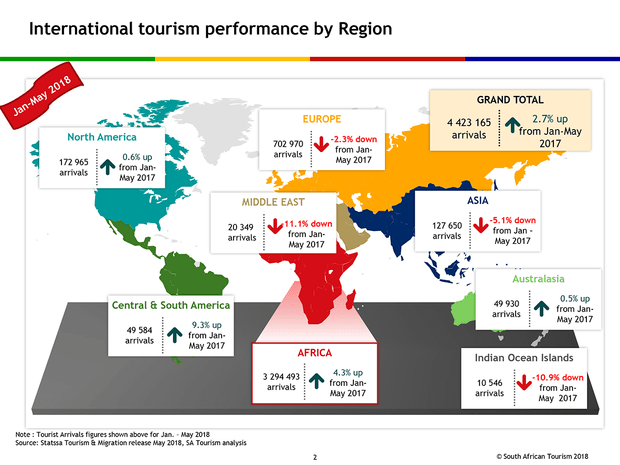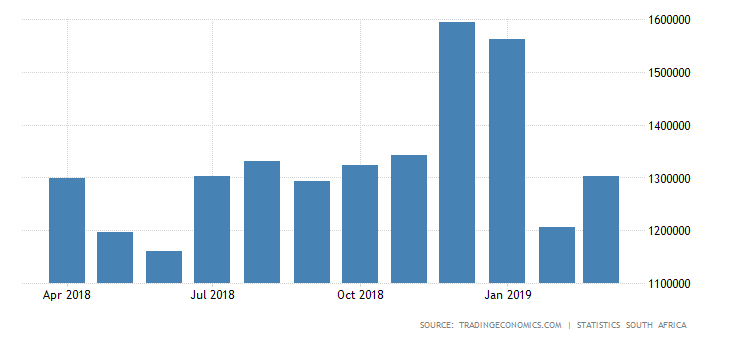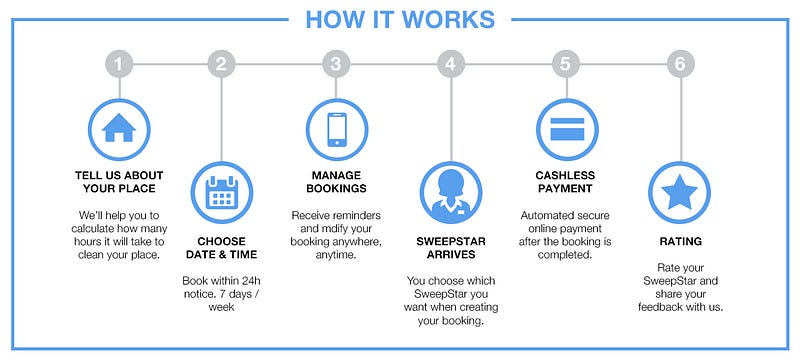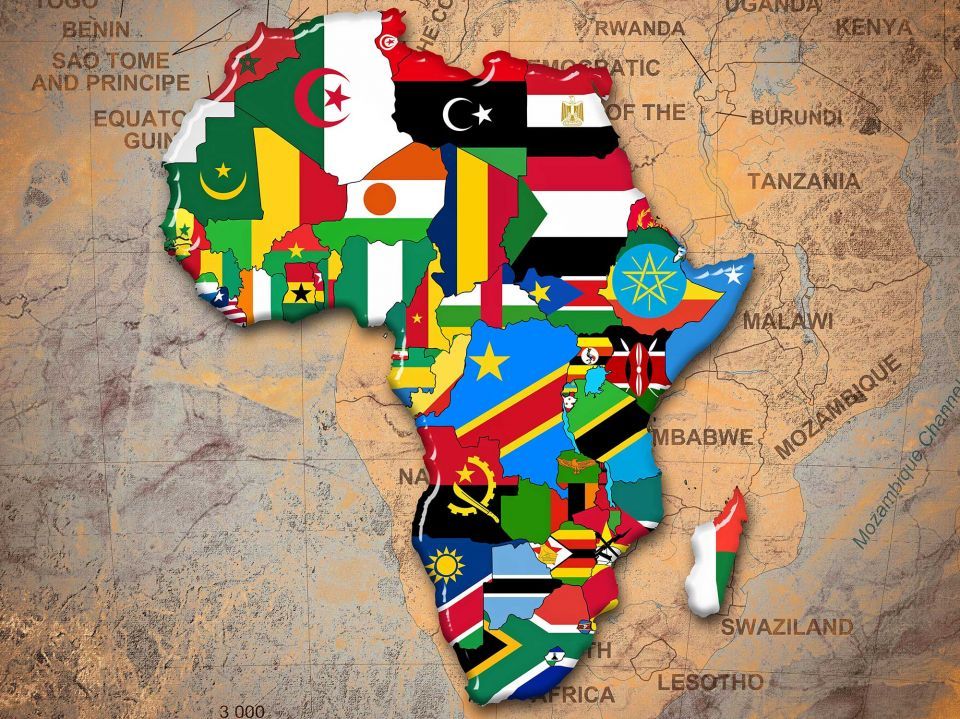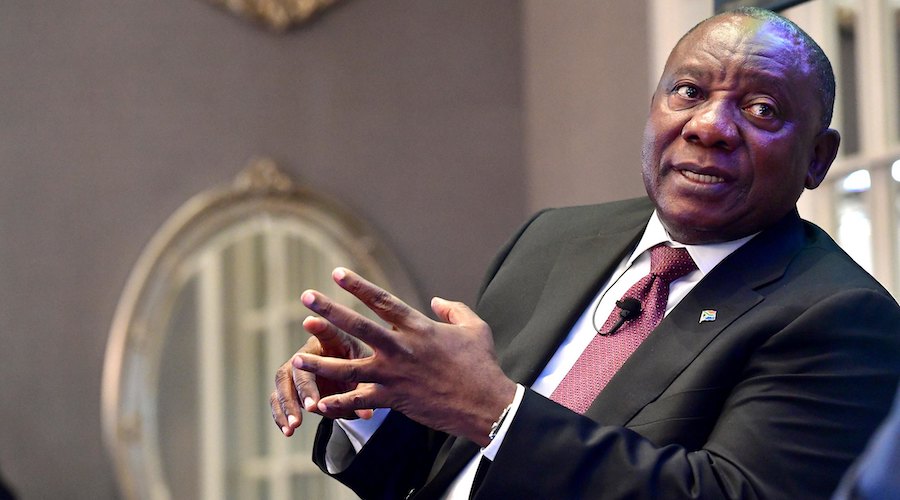How South African Startups Can Make Profit Giving To Charity
For South African startups that are still operating below R79,000 ($5700) between now and 31st of March, 2020 they can still benefit from zero tax on any income they make from their businesses. However, for those operating well above that monetary range — of R79,000 — they would need to pay taxes to avoid being fined. For the latter group of startups, one of the strategies to get around taxation and increase profitability is by donating to charity.

Here is how:
Which Organisations are Considered Charity In South Africa?
For South African businesses, charity organizations are registerable as Non-Profit Organisations (NPOs). NPOs in South Africa are governed by the Non-Profit Organisations Act (NPO Act).
The Act defines an NPO as either a trust, company or other association of people established to serve a public purpose — essentially, those in need.
However, the South African Revenue Service (SARS) usually urges NPOs to register as Public Benefit Organisations (PBOs) in terms of Section 30 of the Income Tax Act (ITA). Doing so will enable them to apply for the relevant tax exemptions afforded in terms of Section 18A of the Income Tax Act of South Africa, where required.
The Implication of Donating To Registered PBOs
- For startups donating to registered PBOs in South Africa, they can claim tax deductions up to certain limits as long as the donations meet the expectations of Section 18A of the Income Tax Act, which may include evidence of a Section 18A certificate given to the donor.
- A donation is valid if it is made in good faith, and is a voluntary, gratuitous gift given out of generosity, without reciprocal obligations or personal benefit for the donor. The donor may also not impose conditions that could enable them to derive some direct or indirect benefit from the donation.
- The deductible portion of the donation is capped at 10% of the taxable income of the donor. That is, for each tax season, only 10% allowance on donation can be claimed as deductible tax.
- Excess donation may be rolled over as a deductible donation in the subsequent year of tax assessment, with donor companies,
- Consequently, donations and bequests made to registered PBOs are also not subject to donations tax and/or estate duty.
- Similarly, assets donated or bequeathed to registered PBOs aren’t subject to capital gains tax.
- Registered PBOs, themselves are exempt from income tax — certain receipts and accruals from trading or activities carried out by a PBO may, however, be taxable.
Running A PBO Itself Attracts Tax Incentives
Non-Profit Companies
For non-profit companies — governed by the Companies Act — in South Africa (PBO, etc), they may have all the benefits of juristic personality, which may include the protection of directors from personal liability.
However, since there is a total prohibition on the declaration of dividends in a not-for-profit company, shareholders will not receive any form of dividends.
A disadvantage of setting up this form of PBO, however, is that it’s administratively intensive, hence may attract higher costs

Non-Profit Trusts
Non-profit trusts — governed by the Trust Property Control Act — in South Africa can only apply for tax benefits if it complies with the relevant requirements of the ITA.
Trusts in South Africa are governed under the Trust Properties Control Act and common law. A trust can be established for private benefit or for a charitable purpose. To determine whether a trust qualifies as a charitable trust under South African law, a grantmaker must look to the trust deed.
A trust is created when a property is transferred by a trust deed. The trust then manages the property for the benefit of others or for the achievement of a particular goal.
The most significant advantage of a non-profit trust is its flexible structure — it can be used for a variety of purposes.
Another benefit of a non-profit trust is that its formation requirements and ongoing obligations are less onerous than those of a non-profit company, and it may be less costly to run.
A disadvantage is that a non-profit trust doesn’t have a separate legal personality. Trustees may, therefore, be protected from personal liability only to a limited extent.
What It Takes To Approve Tax Benefits for Public Benefit Organisations
To qualify for approval to benefit from tax deductions, the PBO has to undertake and support particular public benefit activities, including stipulated welfare and humanitarian; healthcare; land and housing; education and development; religion, belief, and philosophy; cultural; conservation, environment, and animal welfare; research; and sports activities.
These tax benefits are available to any individual or company making a bona fide donation to a registered PBO.
Bottom Line
For smart startups with the right tax strategies, this is one way of becoming some percent more profitable if properly utilized.
Charles Rapulu Udoh

Charles Rapulu Udoh is a Lagos-based Lawyer with special focus on Business Law, Intellectual Property Rights, Entertainment and Technology Law. He is also an award-winning writer. Working for notable organizations so far has exposed him to some of industry best practices in business, finance strategies, law, dispute resolution, and data analytics both in Nigeria and across the world.








